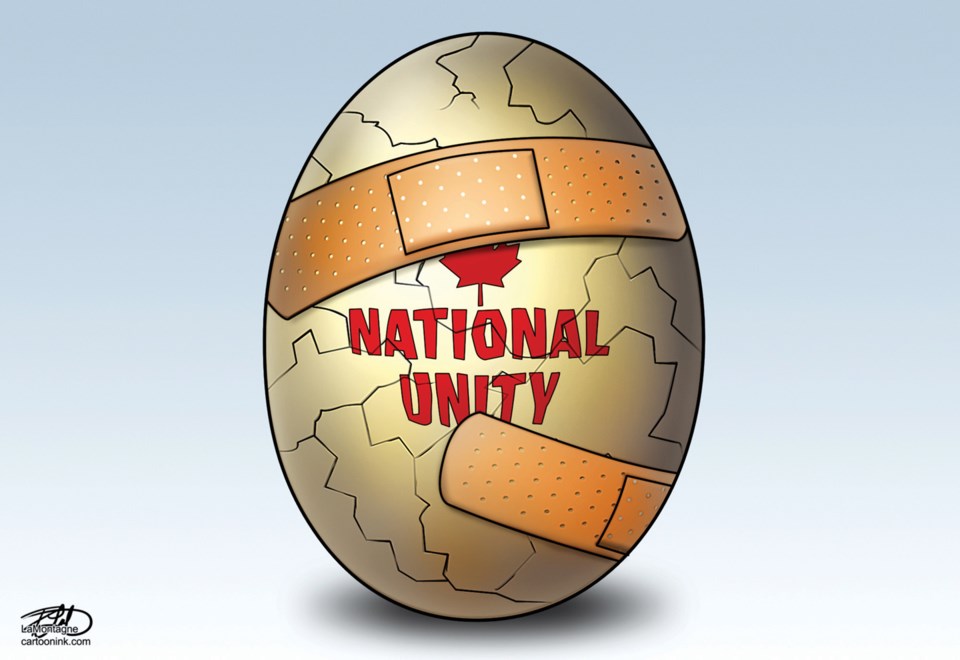The results of Monday’s election highlight how dangerous our electoral system can be at a time when national unity is under threat. Indeed, when the political party that benefits most from the current voting system is the proudly un-Canadian Bloc Québécois, red flags should be going up all across the country.
“The results show a broken electoral system, and it’s certainly clear we need to fix it,” NDP Leader Jagmeet Singh said the morning after his party finished third in the popular vote with over 2.8 million, but won only 24 seats. The Bloc, finishing fourth in popular vote with less than 1.4 million, will send 32 MPs to Ottawa.
Summing up the post-election landscape, the group Fair Vote Canada points out that the result “makes the country look far more divided than it really is.”
Based on popular vote, the New Democrats and Conservatives would have significantly more seats in Eastern Canada, and nationally the Greens would have 22 seats instead of three.
While the Conservatives won a slightly larger share of the overall vote than the Liberals, the outcome under a proportional system would have still meant a minority Liberal government – because the NDP would not prop up Andrew Scheer. But the Liberals’ strength would be further diminished and the smaller parties would have more leverage. On the plus side for the Liberals, they would get seven seats in Alberta and Saskatchewan where they won 21 per cent of the vote and were completely shut out. This is now a serious impediment to national unity.
Former Liberal leader Stéphane Dion put it plainly in 2012, writing that the current voting system “makes our major parties appear less national and our regions more politically opposed than they really are.”
Fair Vote Canada is calling for the parties to create an independent National Citizens’ Assembly on Electoral Reform to usher in a proportional system for 2023. But with 157 seats, 13 short of a majority, the Liberals can easily defeat that effort by securing votes from the Bloc. In fact, they could govern that way quite comfortably for the next four years – catering to Quebec, paying lip service to the rest of Canada, throwing a few crumbs to the NDP and counting on Conservative support to pass any needed pipeline legislation.
It’s a worst-case scenario, but absolutely doable under the broken system we have.



